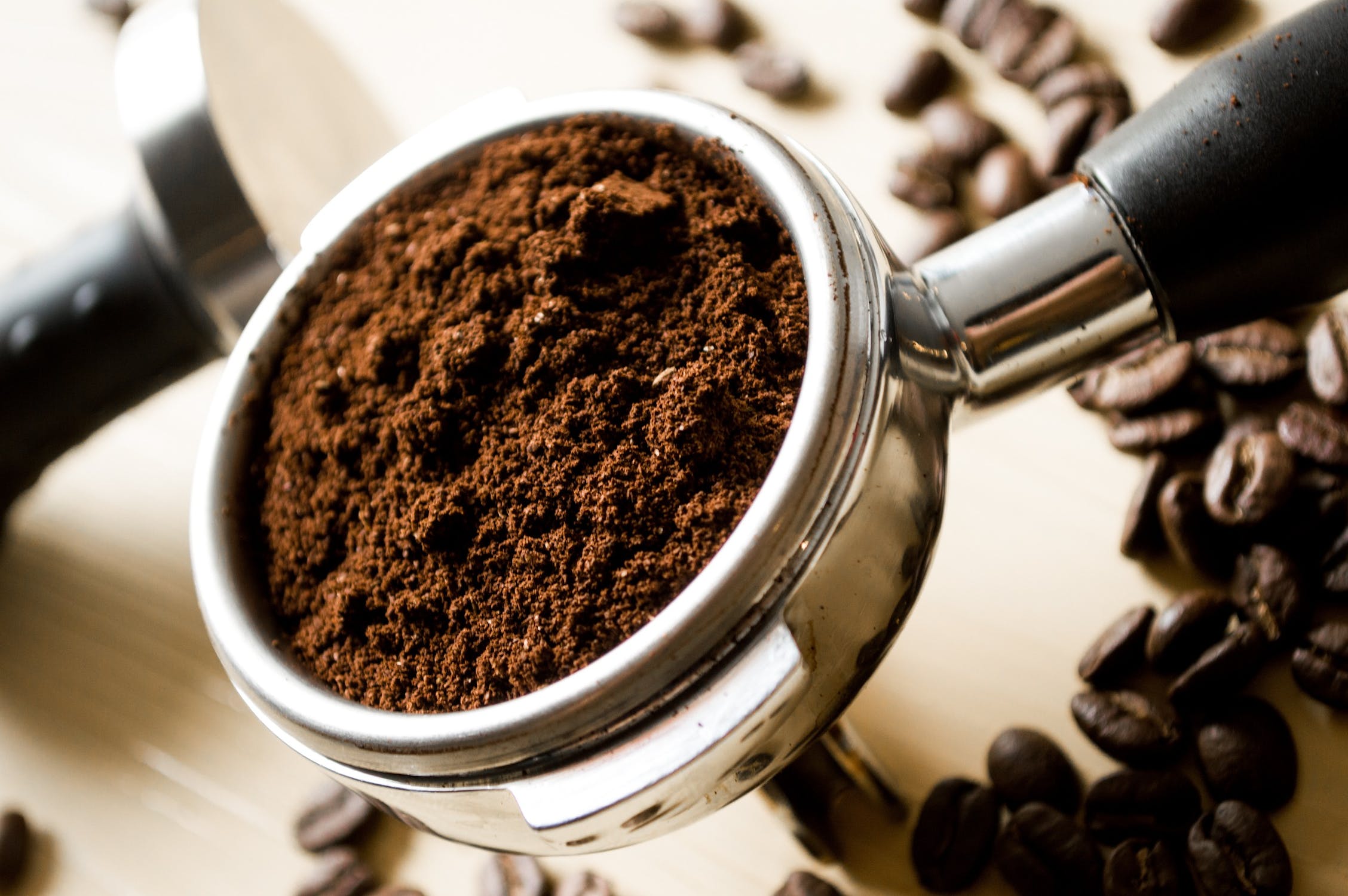That morning cup of coffee might be a staple for most Americans and many people outside the United States, but the health question is another matter. many popular food and drinks have come under question with regards to whether they’re actually good for us or not.
A steaming cup of strong black coffee or a sugar-laden latte might be what we need to start the day, despite the warnings of some doctors. However, research and scientific findings are always ongoing, so there is some evidence that coffee might actually have some health benefits along with the risks.
The discussion of whether daily coffee consumption is good for us or not is still going strong. Let’s break down a few of the main points so that we can get a clear picture of the debate:
The Main Warnings
Over the years, many doctors have advised their patients to cut back on coffee. The major reasons for this include a belief that coffee increased the chances of contracting heart diseases and might even contribute to stunted growth. The latter is also why children weren’t supposed to drink coffee at all.
Since coffee contains caffeine, doctors were also worried that people will become addicted to the drink. This is somewhat true, as many Americans would testify an inability to get started on work or studies without their usual cup of coffee. Eventually, we might expect coffee drinkers to become immune to the effects of lower caffeine doses, thus consuming more of the drink in order to get the same amount of energy.
Finally, coffee was also blamed for damage to the drinker’s digestive tract. This would cause ulcers in the stomach as well as other digestive issues like heartburn or diarrhea.
Is Coffee Really to Blame?
Here, we should note that all these concerns were derived from studies that were conducted decades in the past. These studies compare coffee consumers to non-consumers using certain health measures.
As it turns out, a closer look at these studies has now revealed that coffee might not be the main culprit in all these health issues after all. First off, the studies didn’t account for several factors, such as whether the coffee drinkers or non-drinkers smoked, drank, or were physically active. As a result, those who drank coffee but also had several unhealthy habits couldn’t blame all their health issues on coffee alone.
With this new understanding, it seems like coffee might have some redeeming factors after all. More recent research shows us that when we adjust the relevant factors, those who drink coffee actually don’t face a higher chance of heart issues or other problems. there’s also no proper direct link between the caffeine in the coffee we drink and other issues like palpitations, strokes, heart attacks, or high cholesterol.
The Possible Benefits of Coffee
Now that we’ve established that coffee might not be so bad for us after all, it’s time to consider the possible benefits of this brew. Luckily for coffee lovers, there is a chance that regular coffee drinkers might reduce our risk of developing Type 2 diabetes by around 11 percent. This is due to the ingredients in our coffee that might positively affect our metabolism hormones.
Of course, we’re talking here about black coffee or at least the unsweetened kind. Options like frappuccinos or calorie-rich lattes from Starbucks don’t come into consideration here. The sugar content for such items is simply too high for them to have any of the benefits of coffee left, except perhaps the flavor. Moreover, the additional ingredients like food coloring and whipped cream contain preservatives that are quite harmful for our health.
Further Studies
One huge study about coffee involved several thousand participants, and the findings were quite interesting. It was found that coffee drinkers who down around 2 to 4 cups per day could actually be at a lower risk for strokes. According to heart experts, this is due to the fact that coffee keeps our blood vessels flexible, which is a positive health factor. The flexibility reduces the likelihood of atherosclerosis, and hence reduces the chances of a heart attack as well.
Furthermore, coffee was found to have a lot of antioxidants, which can possibly fight against oxidative stress in our bodies. This oxidation is something that might lead to cancer, so it’s best to have something that can help us do away with it. The antioxidant factor is one reason why coffee drinkers are also found to have a lowered chance of liver cancer.
In fact, there’s even some evidence that coffee could increase our lifespans, in contrast with the earlier reports. A study consisting of around 208,000 people revealed that regular coffee drinkers also had lower statistics of premature deaths. The reason might be that certain chemicals in our coffee help to soothe inflammation. Inflammation can cause a range of age-related health issues, even leading to Alzheimer’s Disease and dementia. With less inflammation, we might feel younger and hence live longer as well. Moreover, coffee could slow down the changes in metabolic processes that make us age. It might be time to get some of these fun and specialty coffee products as gifts for the next special occasion!
Even with all these amazing benefits, it’s important to remember that coffee is still an addictive substance. This isn’t surpassing, as coffee breaks are a norm in most workplaces. Coffee withdrawal can lead to disturbing symptoms like drowsiness, fatigue, headaches, irritability, mood swings, and several other issues. However, this dependence is still less worrying that addiction to drugs such as opiates or cannabis. The withdrawal symptoms of coffee or caffeine are still easily handled and can even disappear after a few days if we’re determined.
A Safe Amount of Coffee
While coffee might have a lot of benefits, it’s still not recommended that we drink copious amounts of it on a daily basis. Around four cups of eight ounces each is usually the maximum safe limit. Fortunately, this limit is more than enough for most coffee drinkers. Even in the United States, many people are content with having their morning cup of joe and perhaps an occasional cup during the daytime. Some might put their coffee into one of these fun and unusual flasks, shot glasses, or mugs, but they should monitor the amount just in case.
One of these eight-ounce cups will contain Vitamin B12, Vitamin B5, Vitamin B1, Vitamin B3, magnesium, potassium, folate, manganese, and phosphorus in varying amounts. These make up a certain percentage of the recommended daily values of each nutrient. With that cup of coffee, then, we can get some essential substances into our system. Too much of it, though, and the ingredients could actually turn against us.
Finally, we should also make sure to avoid coffee when it can cause some short-term harm. This includes:
- an irritated stomach or heartburn, when caffeine will only make things worse
- later in the day or at night, when it could interfere with a healthy sleep cycle
- in the case of any allergies to coffee or the chemicals it contains
Conclusion
According to statistics, most Americans have consumed at least one cup of coffee every single day for the past few decades. This alone speaks volumes about the popularity of this caffeinated drink. While the risks and benefits of drinking coffee daily are both present, it’s unlikely that the average consumption will decrease anytime soon. With Kona coffee tours in Hawaii and several specialty coffees on the market, it would seem like we’re always finding new ways to enjoy this beverage.





